
Karava Vase Foto: Marta Wereszko
LDF x ZIETA x Loop Generation Store
Our art, design, and innovative technology objects are presented in an extraordinary exhibition at London Design Week, hosted by the Loop Generation Store, supported by the Polish Cultural Institute in London, and organized in collaboration with On & On Designs and Buckley Gray Yeoman Interior Design.
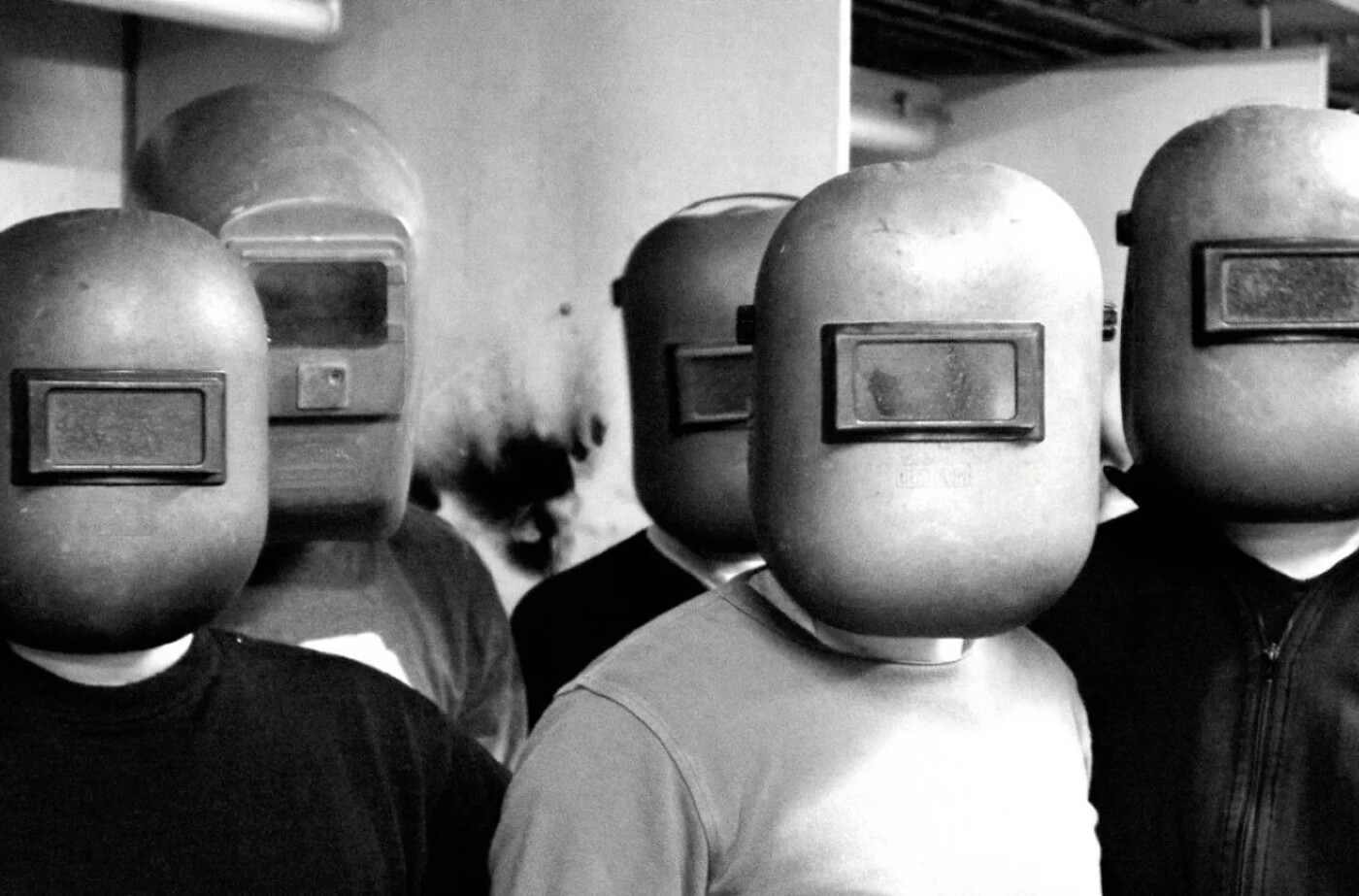
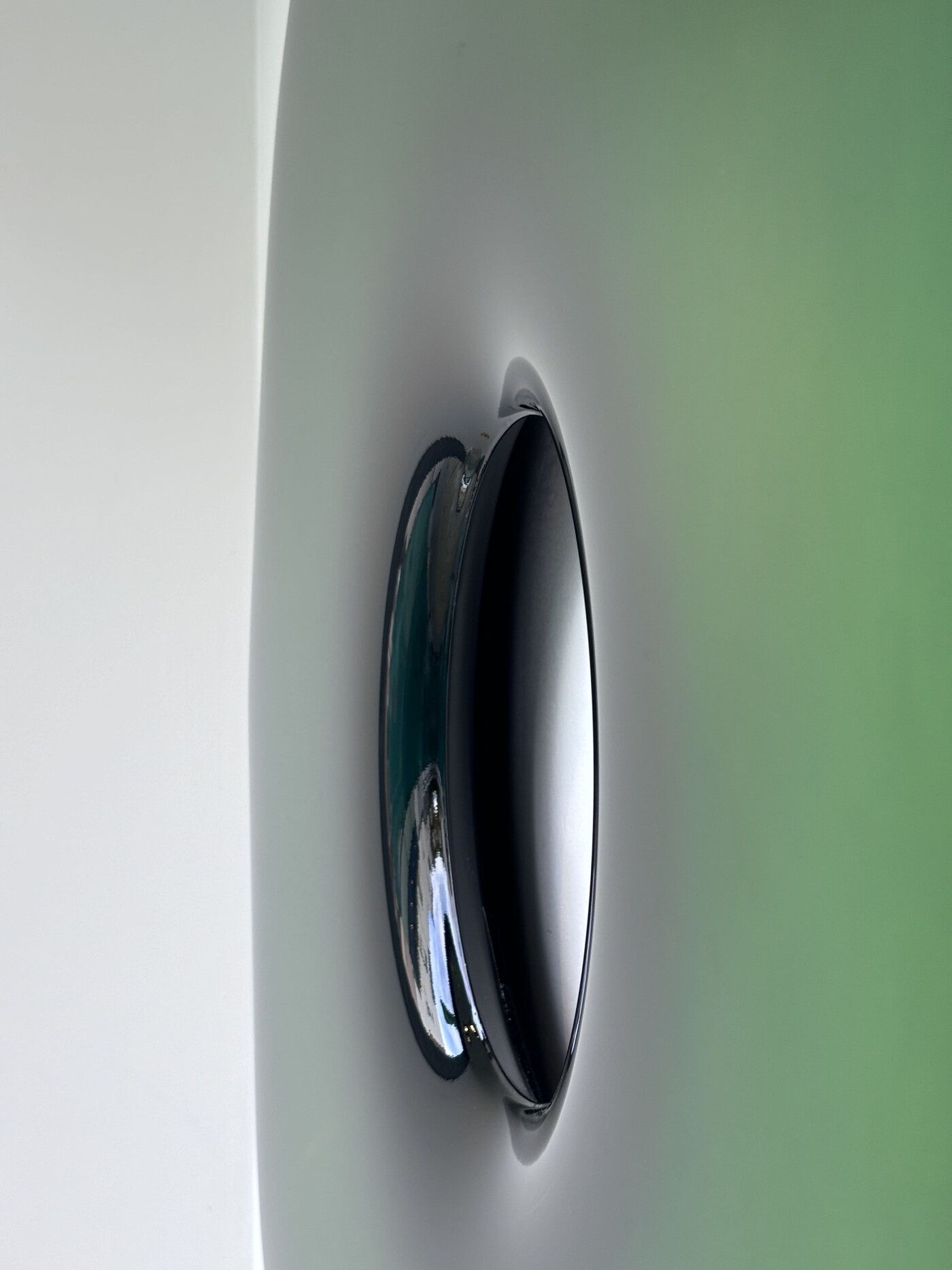
Rondo Spiegel Foto: Marta Wereszko
Innovation and craftsmanship

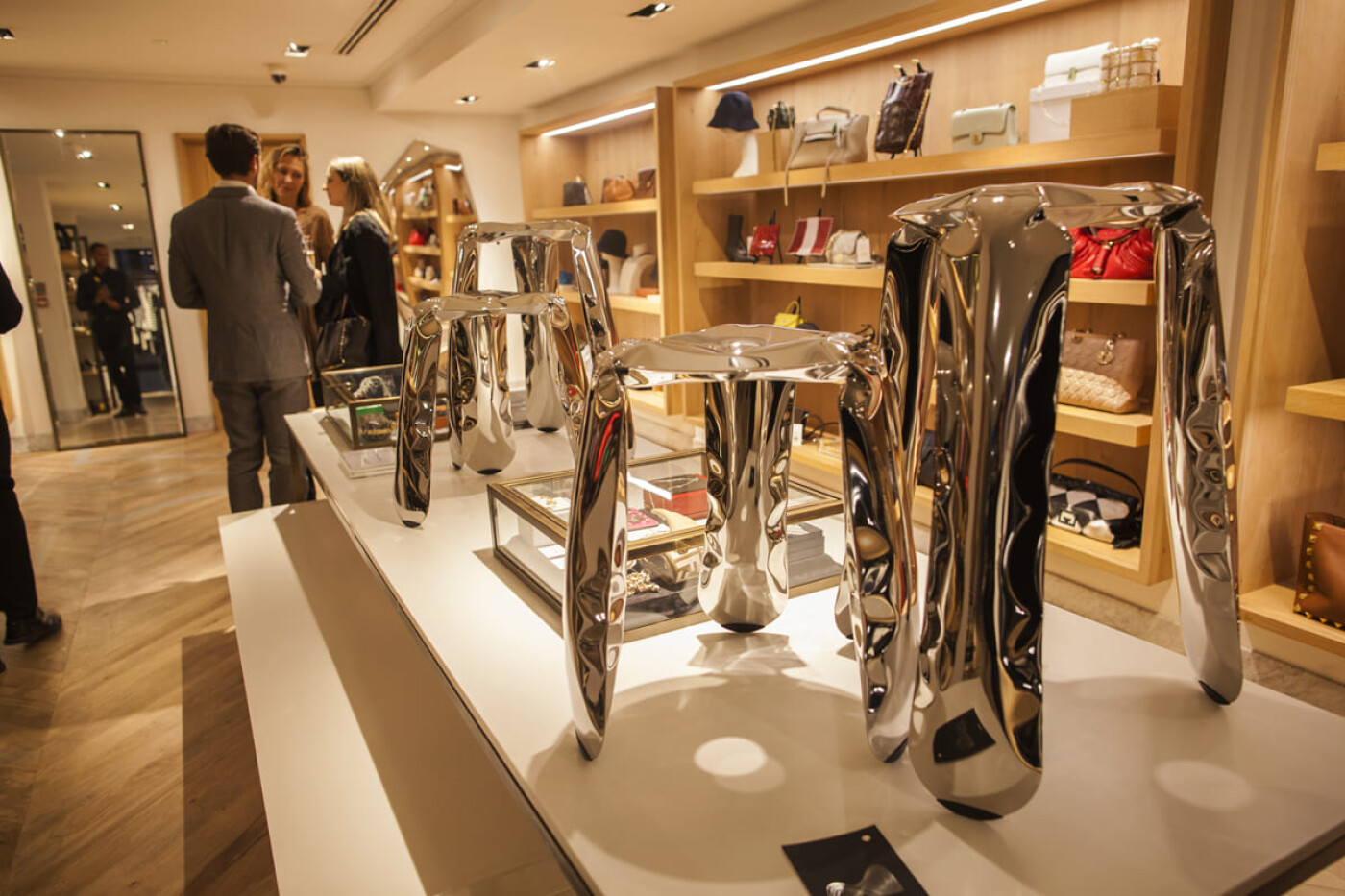
Plopp Foto: Elżbieta Piekacz, courtesy of the Polish Cultural Institute
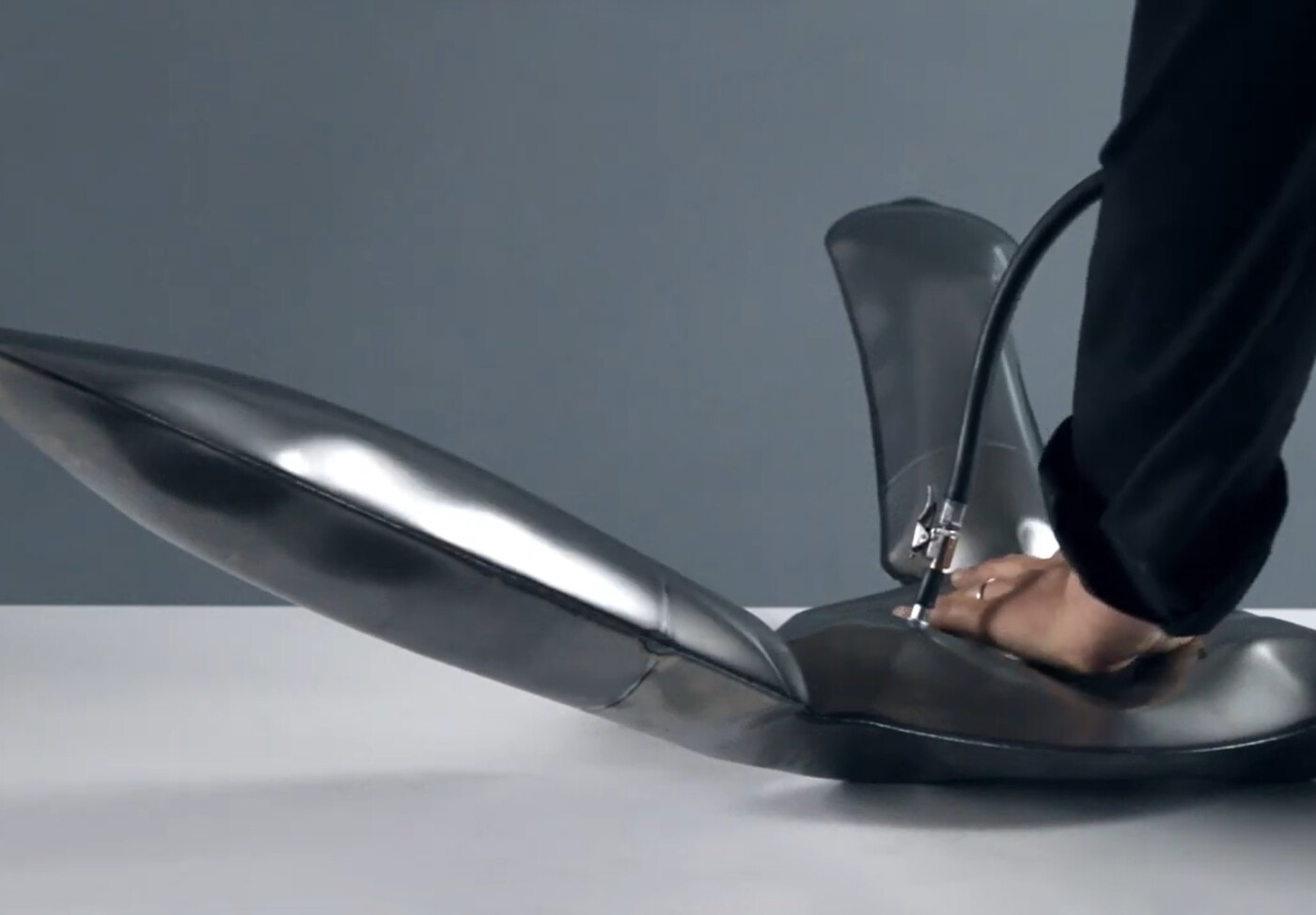
Forms of progress
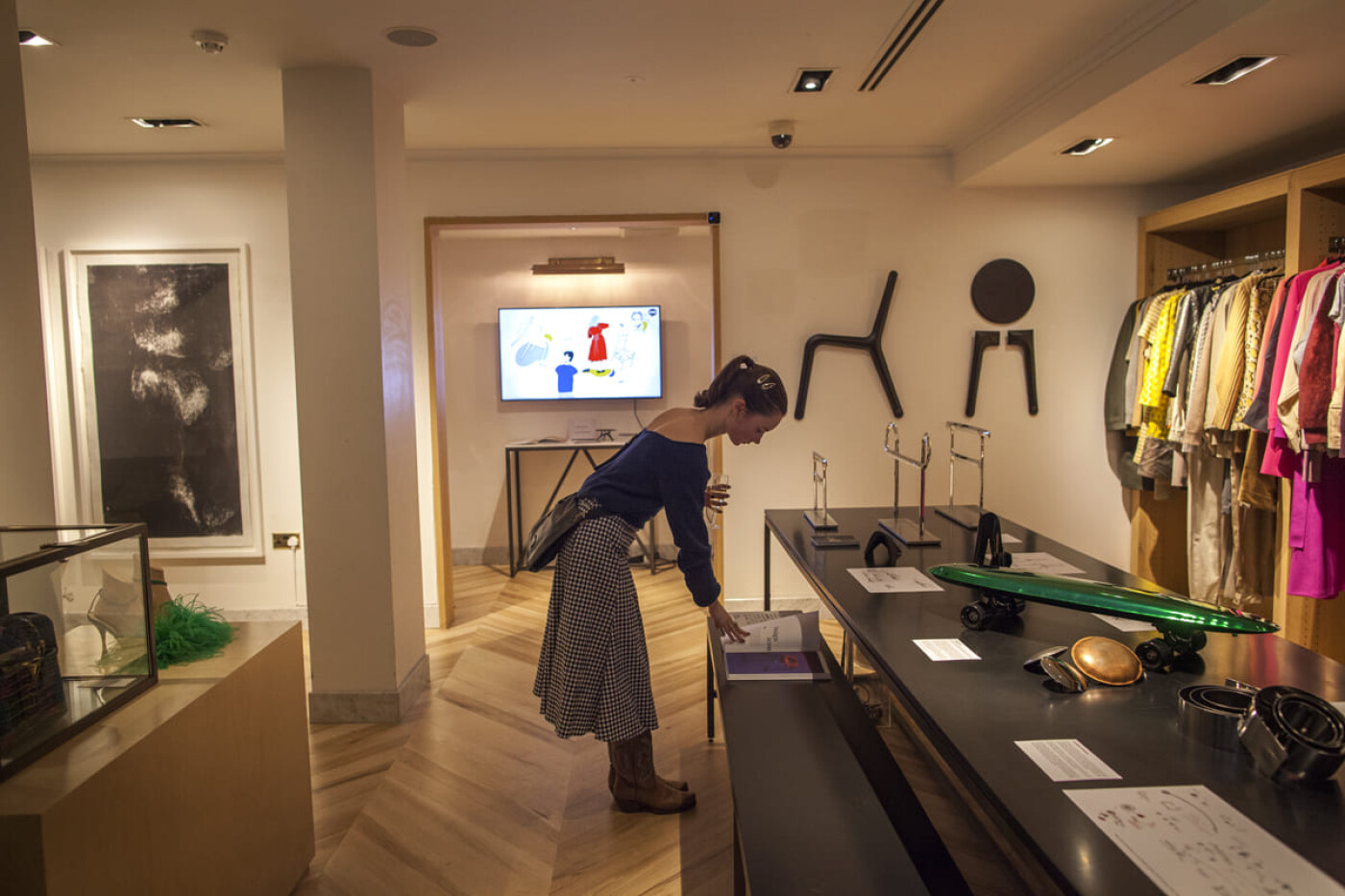
Bolid Foto: Elżbieta Piekacz, courtesy of the Polish Cultural Institute

Common ground in sustainability
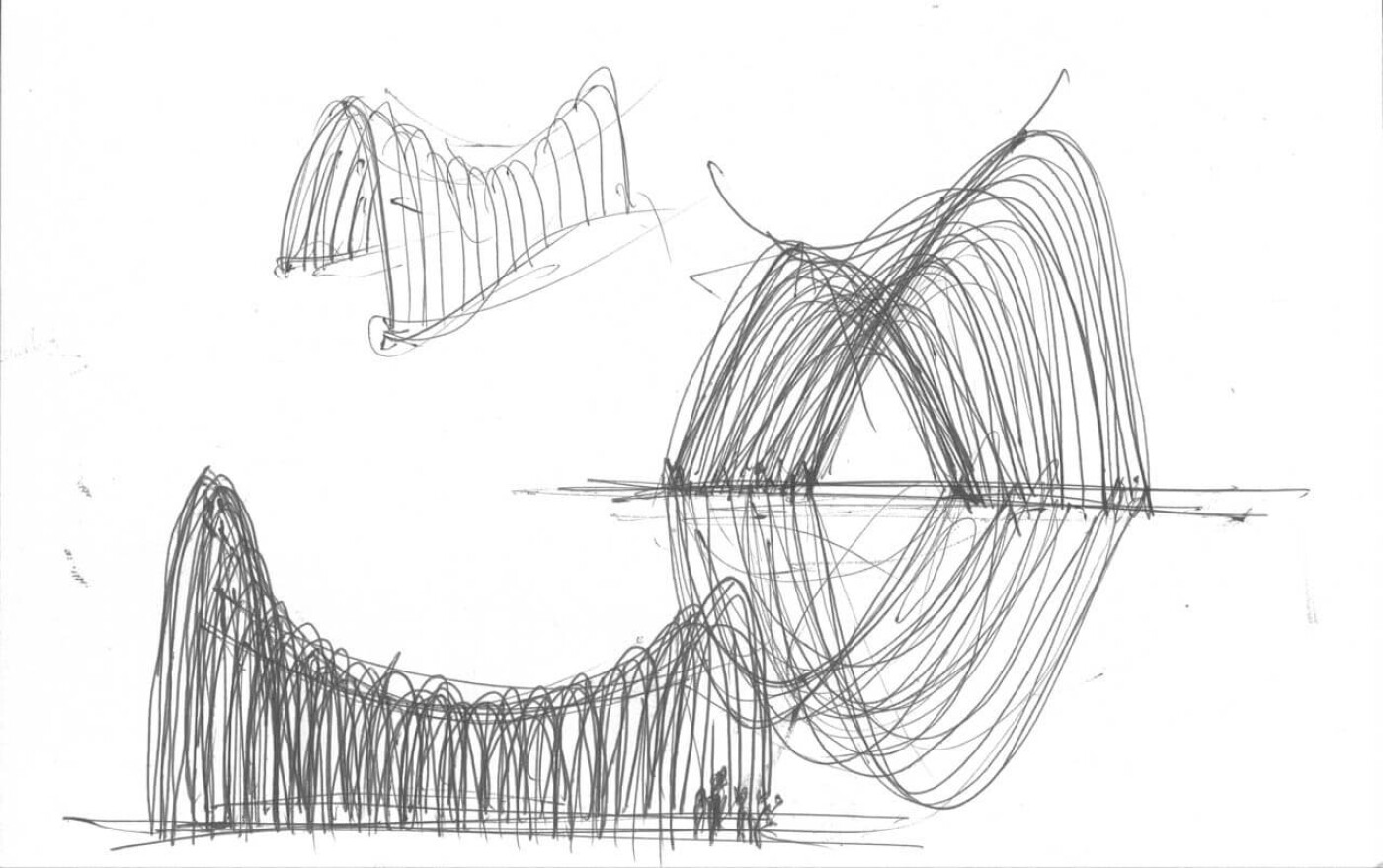
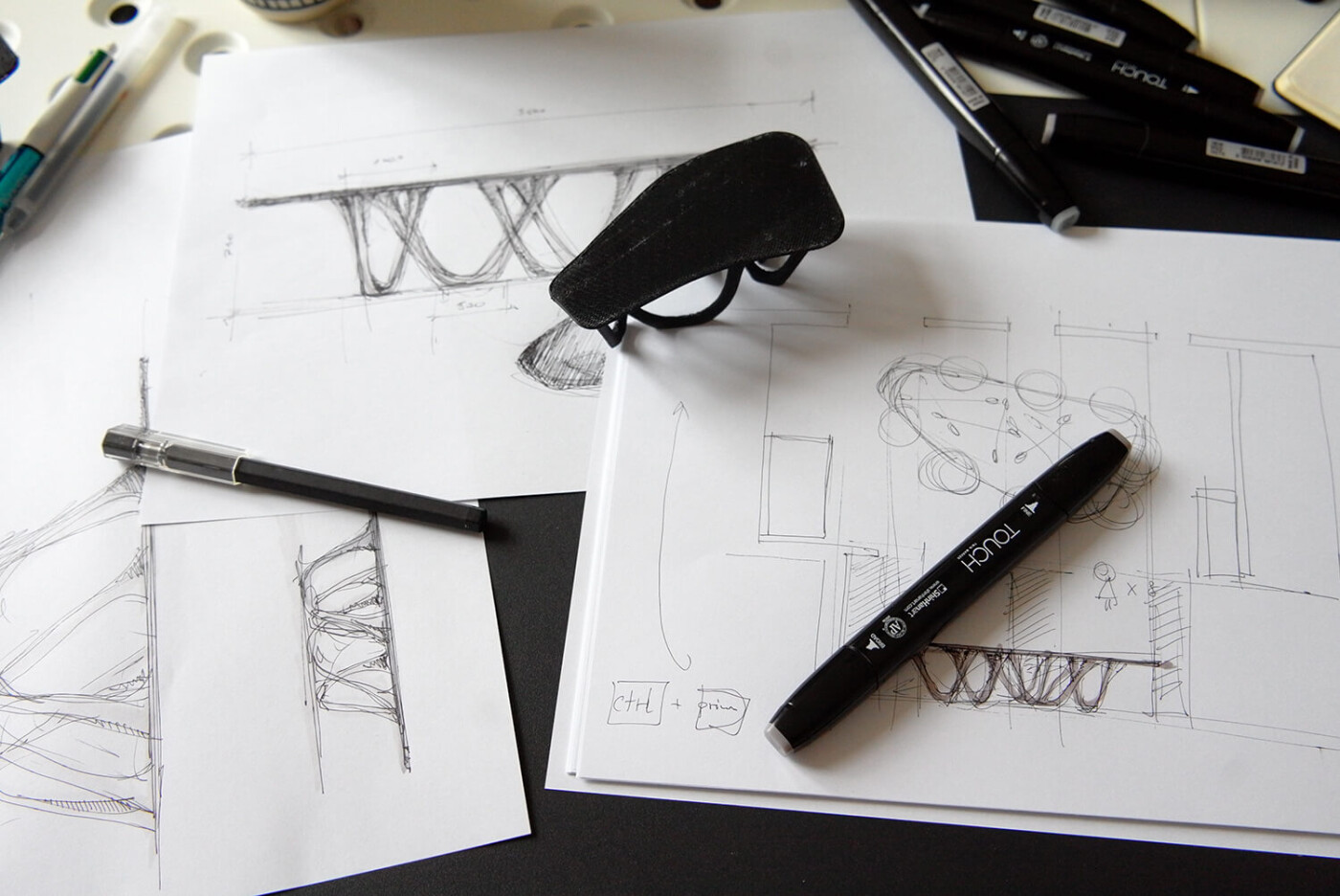
-large.jpg)
Karava Vase Foto: Marta Wereszko
Courage for change
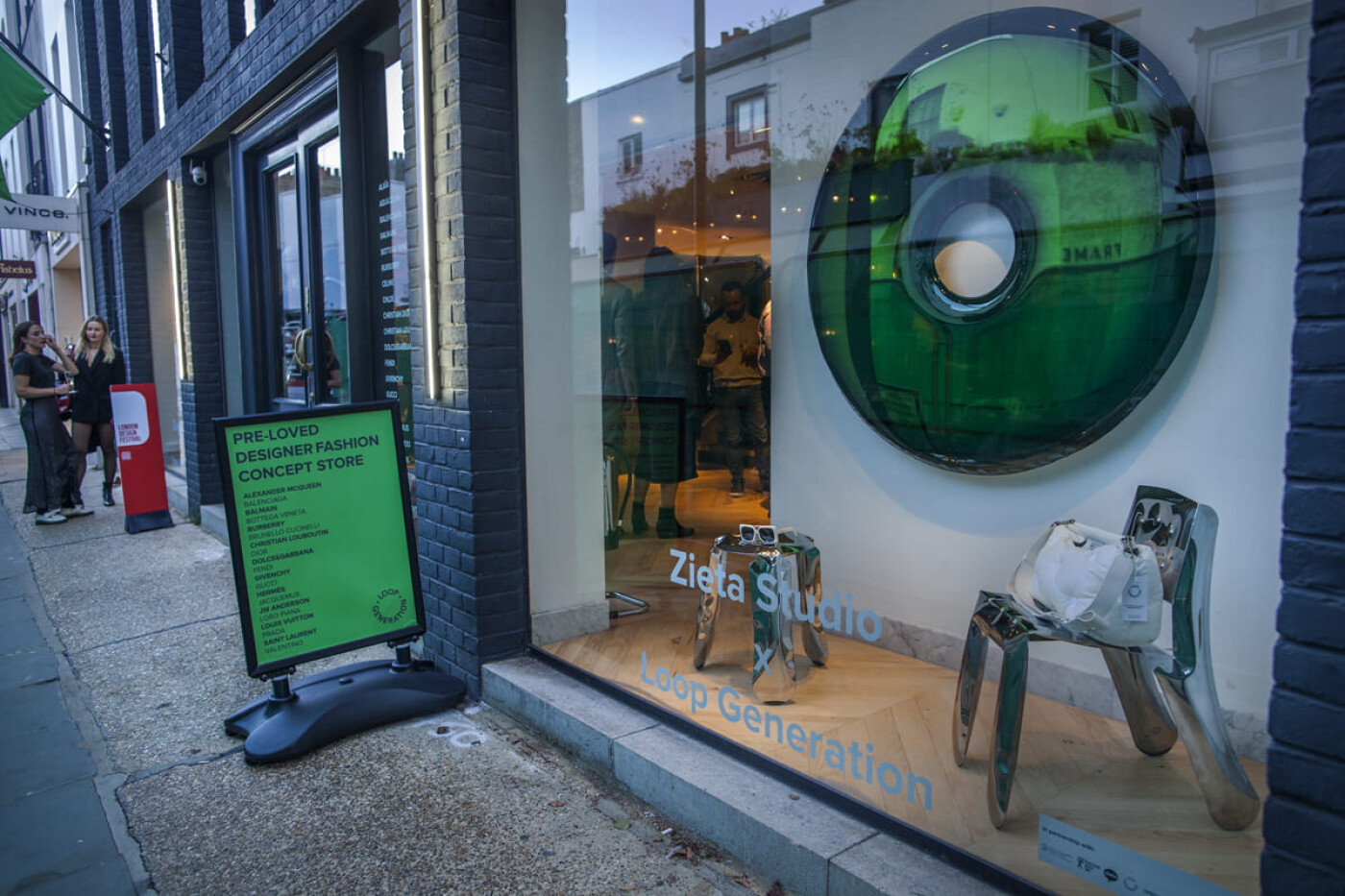
Rondo Spiegel Foto: Elżbieta Piekacz, courtesy of the Polish Cultural Institute
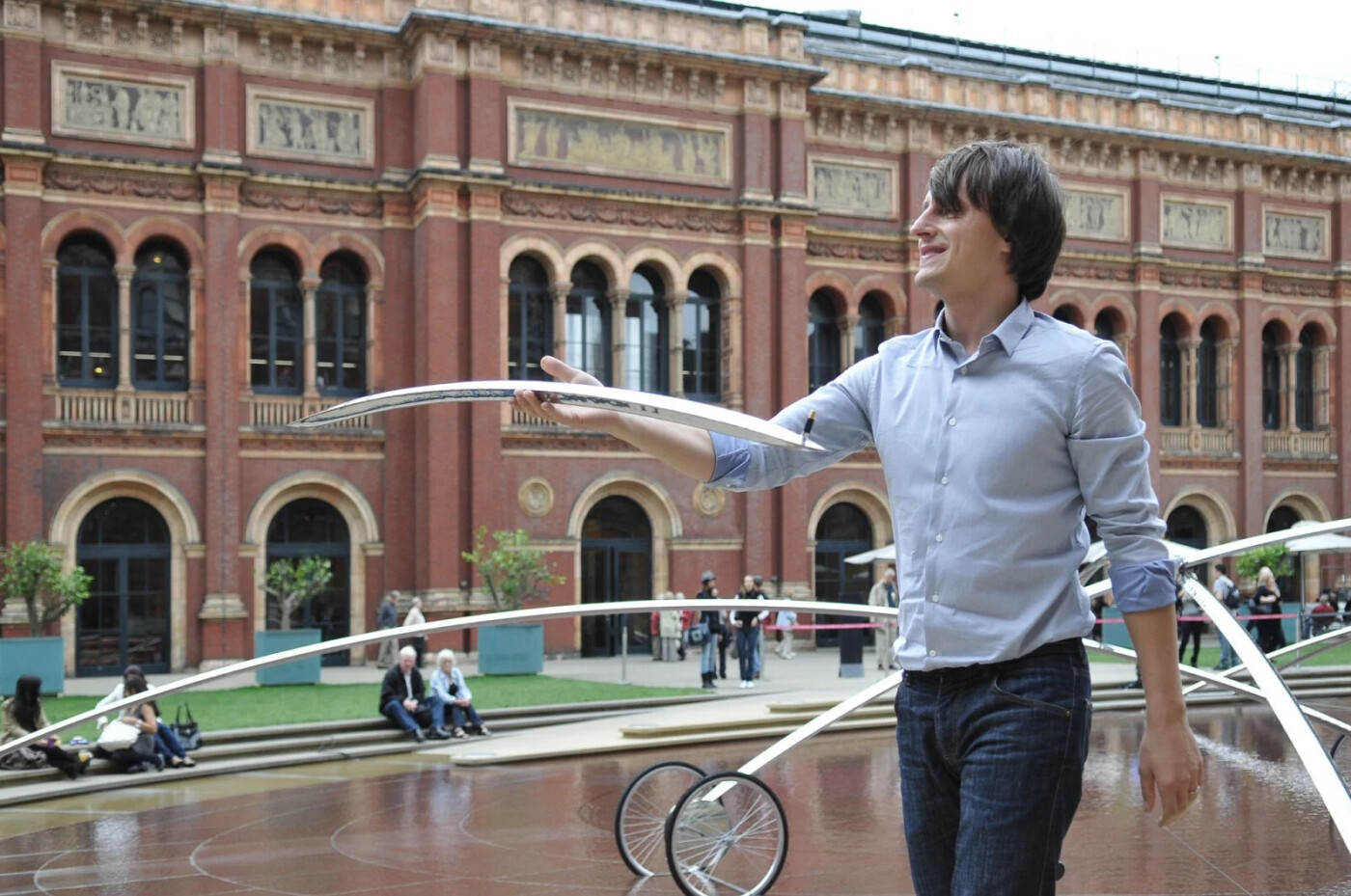
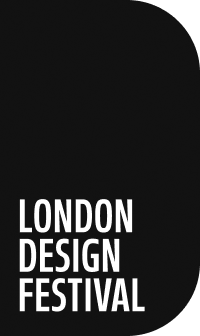
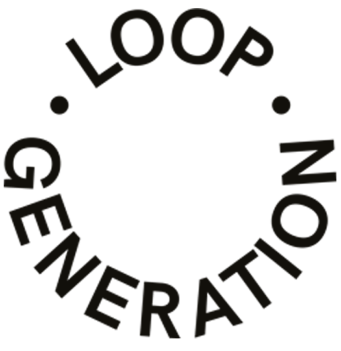



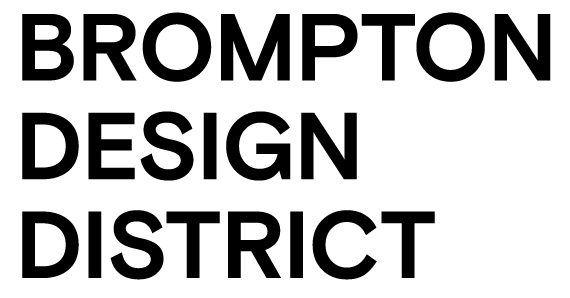
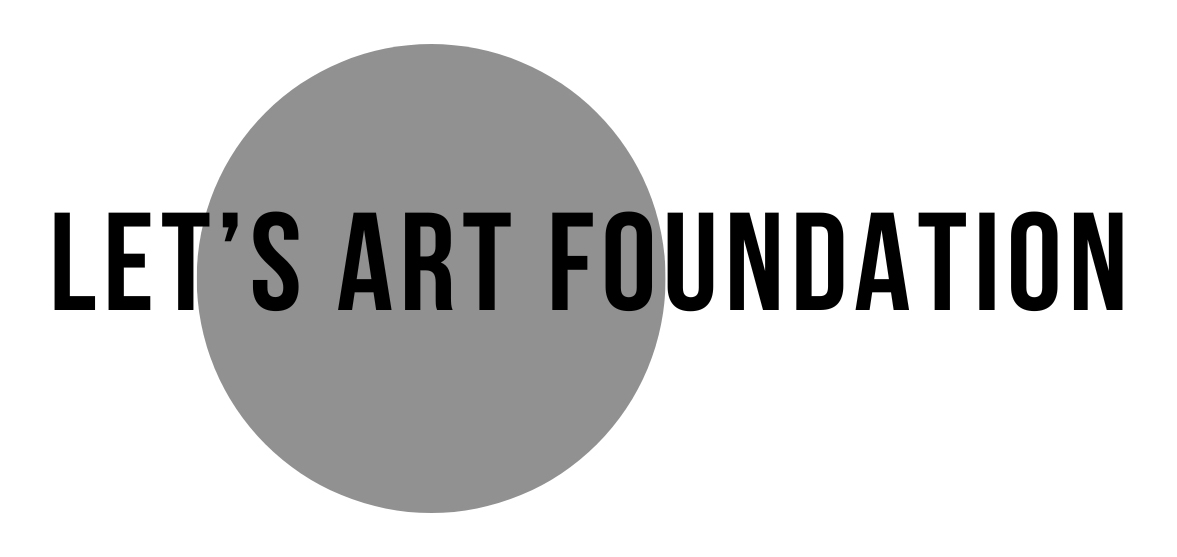

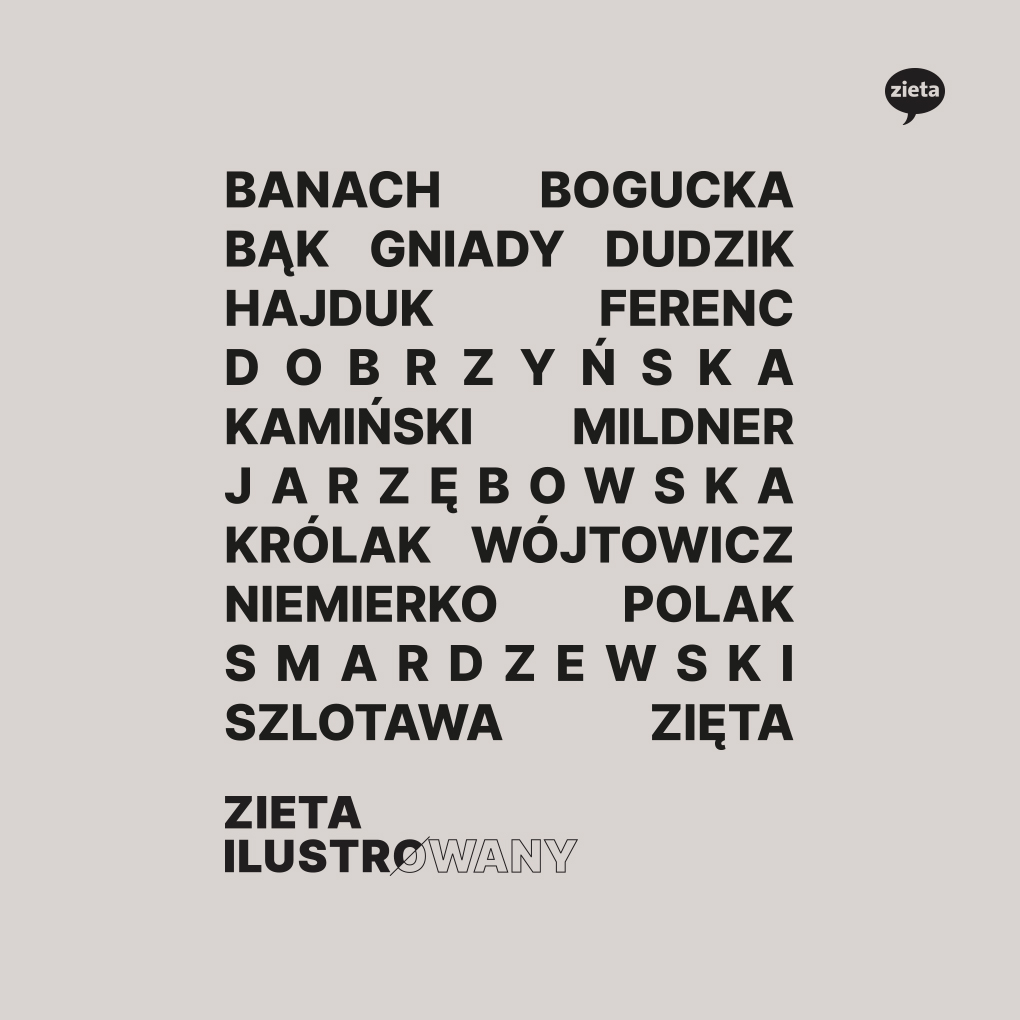
.png)

